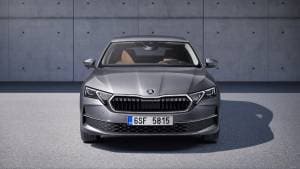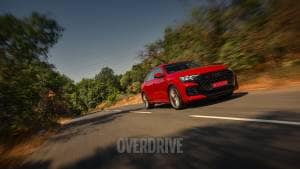India's rush to switch to EVs
The Modi Sarkar is in a real hurry to usher in electric vehicles or EVs in our country. Reports suggest that it may stop the sale of the internal combustion engine (ICE) powered three-wheelers by as soon as 2023 and two-wheelers with ICE engines of less than 150cc capacity, by 2025! The Indian government may also make it mandatory that at least 40 per cent of the vehicles of taxi aggregators like Ola and Uber, are electric by 2026, and only electric vehicles are sold in India by 2030!
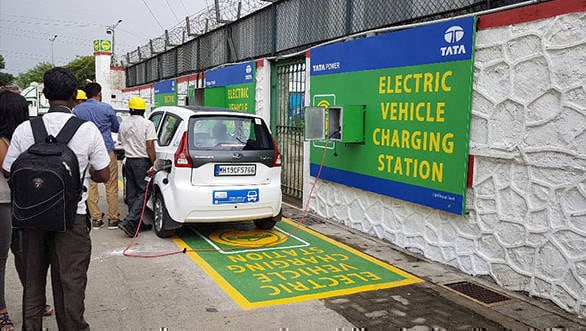
The auto industry has expressed serious concerns over these policies of our government. Some have said it is much too soon and automobile manufacturers need more time to prepare for such massive changes. Others say it is not practical and industry bodies like SIAM (Society of Indian Automobile Manufacturers) as well as CII (Confederation of Indian Industry) have urged the government to do a rethink and requested it to prepare a well laid-out roadmap and a practical time frame for the rollout of electric vehicles (EVs) in the country. They have also asked for more deliberation and discussions before any sort of ban on two-wheelers and three-wheelers with internal combustion engines is enforced.
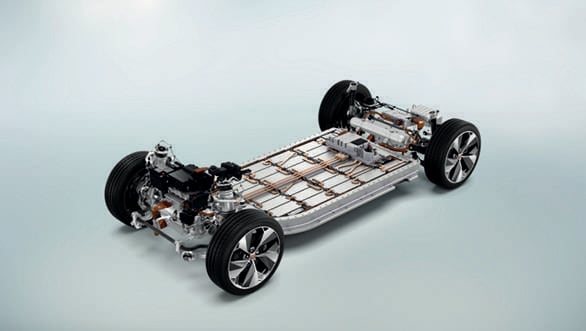
So why is the auto industry so worried? For starters, the electric vehicle infrastructure, like charging facilities, is still far from being ready in the country. Fortunately, Union Transport Minister Nitin Gadkari, has confirmed that the government will consult the auto industry before taking any decision. He has also said, "The government does not want to shut any industry, but wants to help them." A few months back, the government revealed that it will give a subsidy of up to Rs 50,000 on some electric vehicles as an incentive for their purchase and states may also waive off-road tax, registration charges, etc. While what Gadkari has said and the subsidy policy are most welcome, there are several other issues that need to be addressed, before we switch to electric vehicles.
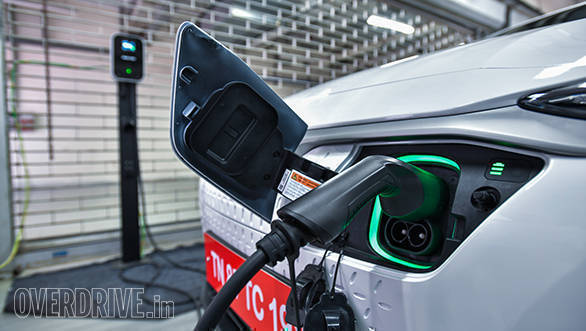
At present, the auto industry is facing a huge problem of big drop in sales and many have even cut production. This is happening even as they are preparing for the next big transformation, the introduction of the Bharat Stage VI emission regulations, which come into effect from April 1, 2020. This will not only see a sizeable reduction in the number of vehicles available with diesel engines, but also a considerable increase in the price of all BSVI compliant models. Any sensible person will also wonder, why bring in BSVI if just a few years later, the plan is to completely stop the sale of vehicles with internal combustion engines. These kinds of ad hoc policies do little to inspire confidence too.
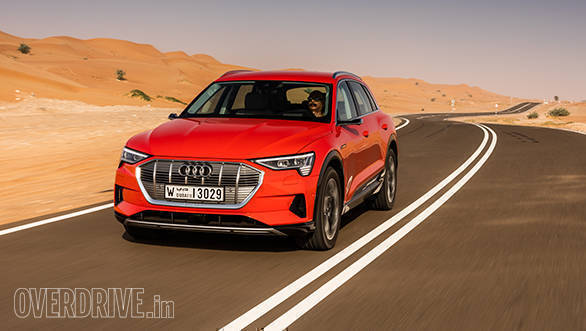
I am also concerned about the safety of electric vehicles, something not many have spoken about. The lithium-ion batteries that currently power most electric vehicles generate an immense amount of heat. Most manufacturers have been working on ways to dissipate this excessive heat, but I am not sure how many have tested their EVs in Indian conditions, especially in our hot summers, like the one we just experienced. The heat not only affects the performance and life of the battery, but could also result in fires. In fact just recently, Audi decided to globally recall all units sold of its e-tron electric SUV, "to correct an issue that may be a risk to the battery catching fire"! Now Audi is a responsible carmaker with enormous resources and technological prowess, but how will many of the newer and smaller manufacturers, particularly those making electric two and three-wheelers, deal with such a situation?
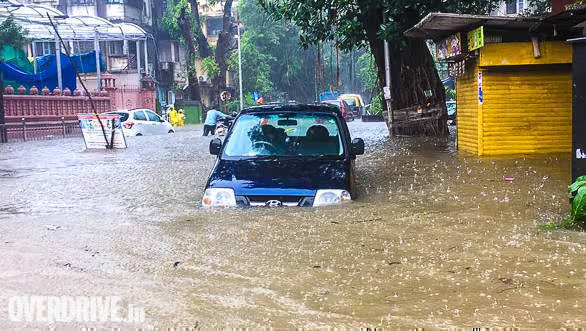
In an electric vehicle, you are moving around with a vast reservoir of electrical energy. Given this, I wonder if EVs have been subjected to flood testing in our cities. As the batteries generate so much heat, they cannot be completely sealed, there has to be some ventilation. And where there is ventilation, water can enter. And as everyone knows, electricity and water are not the best of friends. There is also the fear of getting into an accident, with let's say a fuel tanker. How quickly will the electricals in the EVs shut down and what built-in safety features do the batteries and vehicles have? These are the kind of things I would like our government and authorities to look into, too. Going electric is good, but let's make sure we do it in the right manner.
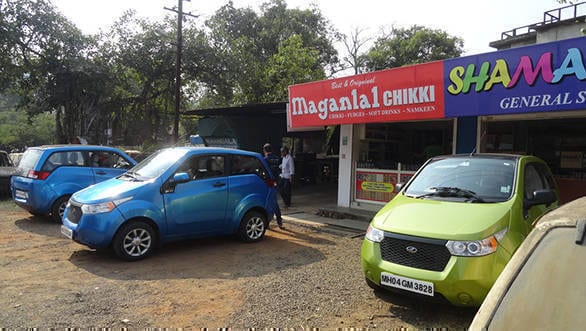
There are many other such issues related to the transition to electric vehicles, which I shall speak about next month, but there is one thing I must share. Recently in a co-operative housing society meeting in Mumbai, I brought up the subject of allowing residents to instal electric vehicle charging points alongside their parking spaces in the building's compound. Initially everyone was for it, but soon some society office bearers said, "No, no, this cannot be allowed. The parking space is the property of the society that has just been given to the member for use. But what if after installing their own exclusive charging points, the member claims ownership over the parking spot itself?" Yes, things are never as easy as they appear in our country and many more such unforeseen problems await the switch to electric vehicles, because "Oh Darling, Yeh Hai India".



